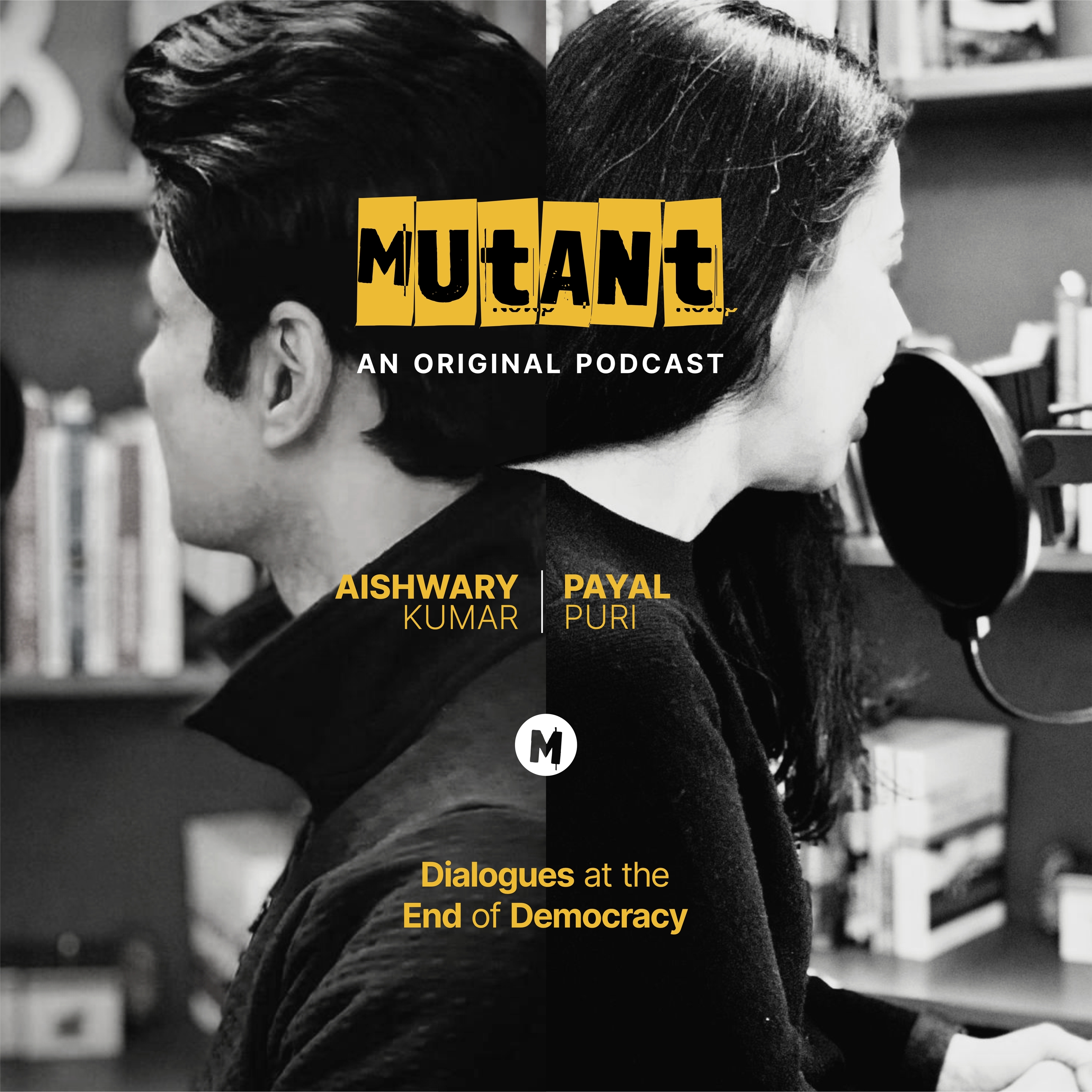H | HOPE
Description
Few words in our political lexicon are as fragile and as paradoxical as hope. Is hope a privilege of the smug? Or is it the helpless, last resort of the inconsolable? Whatever we might think of it, hope is easy to dismiss and yet impossible to fully leave. In fact, hope acquires its greatest gravity, or what B R Ambedkar might call its greatest force, precisely when the circumstances for its existence seem bleakest.
This paradox reveals a fundamental truth about the human condition: that while hope may carry an air of smug power, or exemplify the cheap talk of the disengaged charlatan, real (and material) hope is embodied in those we consider weak, those who live at the threshold of the unlivable, those we have deemed most disposable. Hope is, to quote Ambedkar again, a “weak force.”
“Hope seems like a thread you can hang by rather than change your existence with and through,” says Aishwary Kumar. “But precisely because it is a thread one hangs by, precisely because one refuses to let go of it, precisely because there is always hope even when there is not, hope becomes the oxygen of politics.” Its very fragility makes it, arguably, our greatest political and social commitment. 'Commitment' because hoping takes arduous, virtuous work; it requires the tilling of desolate lands.
“Hope is not transcendent, it does not belong to the order of the miracle. It is a political virtue, perhaps the most human, most immanent one, divorced from any sense or solace that help will come from elsewhere,” says Aishwary.
“Such hope cannot be individualistic. Hope becomes political, and politics becomes hopeful, only when there is a collective commitment to changing the world, and sometimes to simply surviving the world as we find it.”
To think the Human, as we did in our last episode, means to think of—and with—hope, that we can bring another world into existence. “Surrounded by desolation, confronted with our greatest barbarisms, to have hope is to commit ourselves to movement, to getting back up again without being apologetic about our disappointment with humanity itself.”
More Episodes
“We lost our home, which means the familiarity of daily life. We lost our occupation, which means the confidence that we are of some use in this world. We lost our language, which means the naturalness of reactions, the simplicity of gestures, the unaffected expression of feelings…our best...
Published 05/13/24
Published 05/13/24
Mutant’s first episode was an archaeology of democratic anger, and as we publish our 13th, almost midway through the Roman alphabet, we return to our beginnings; to a concept that silently saturates our political condition, bubbling corrosively in the shadow of that which it is too often...
Published 04/07/24


